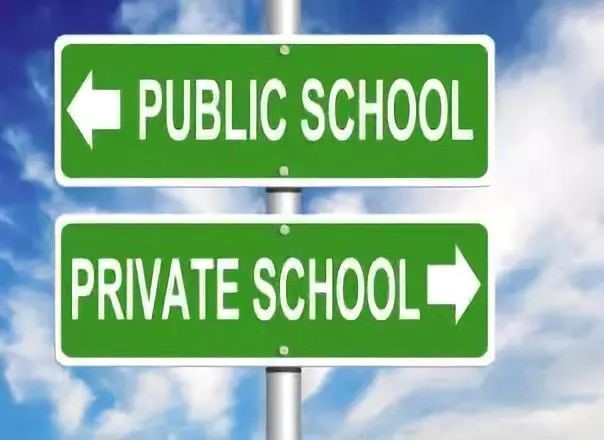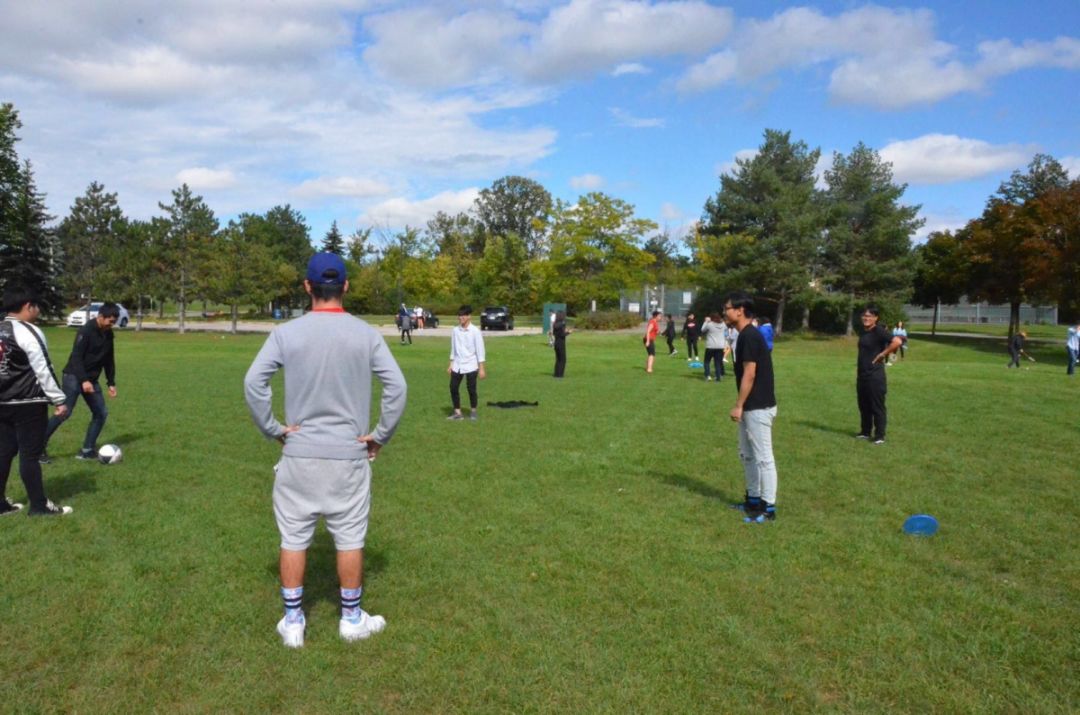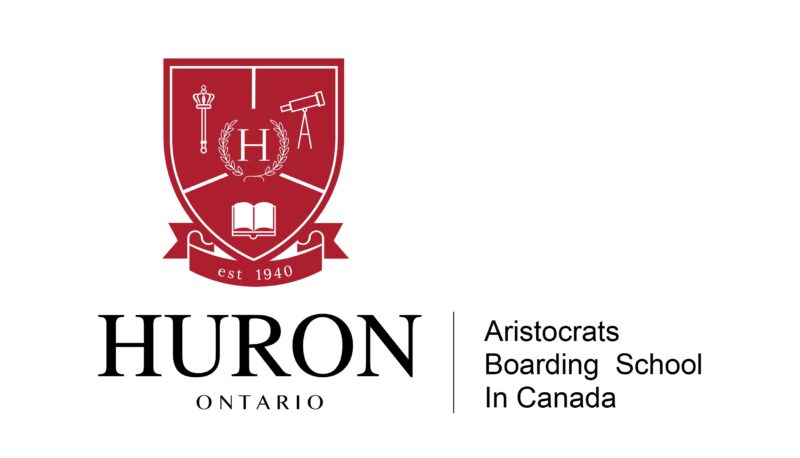As we all know, Canada is a great power nation of education, with the most advanced education system, which places great importance on the development of talent. That’s why more people are heading to Canada each year to open their path to study.
However, most parents, including students, have not gotten first-hand information about education in Canada and do not have a deep understanding of the system. There is a misconception that the difference between education in Canada and their own country is only in the system and not significant. So, we will give you an in-depth analysis of Canadian high schools.

First, Canadian high schools are divided into public and private high schools. Public high schools are enrolled in local Canada, so international students are enrolled by private high schools. Private high schools are divided into day schools and boarding high schools. Understood by a word-meaning sense, the difference of day schools and boarding high schools is whether it has accommodation. However, a closer look at the Canadian education system reveals many differences.
In terms of high school education in Korea, most Korean high schools have a rigorous model of learning and after-school activities in which students follow a uniform, standardized curriculum. There are few extracurricular activities, but students are still focusing their attention on study. Students’ affairs at school are the responsibility of teachers and administrators, with little parental involvement.
In the case of Canadian day schools, the situation is different because Canadian students must choose from a wide range of courses and participate in a large number of extracurricular activities and weekend activities. For example, volunteering, club activities, sports activities, etc. And Canada’s top colleges and universities need well-rounded students with leadership skills, and there are plenty of extracurricular activities in day school to help students acquire those skills.

Because the choices that students face are so important, Canadian parents are often more involved in their children’s daily lives and learning. However, if the student is studying in a day school and living in a homestay, the members of the homestay family are limited to providing meals and living space and does not provide guidance and advice about studying in a day school.
However, in boarding schools, there are professional teachers to accompany the child to ensure their performance is good, while at the same time, exploring the student’s interests and strengths. For example, if a student has a strong interest in chemistry, the teacher can recommend chemistry clubs to improve his or her ability and find competitions to encourage the student to take part in and improve himself.
In addition to this, boarding schools guarantee the safety of the students, who live in the school’s apartments, are supervised by residential teachers who handle their affairs. Teachers are on duty 24 hours a day and will check at night to make sure students are back to the apartments.

Students cannot go out on their own, and all activities outside of school are organized and accompanied by the school to give children the best safety and security.
For younger, less self-disciplined students, the boarding school will provide them with careful care and strict discipline from the teachers, which is more conducive to their healthy physical and mental growth.
Boarding schools provide a quality environment for children to grow up in, so that’s why so many international parents are choosing private schools for their children.
